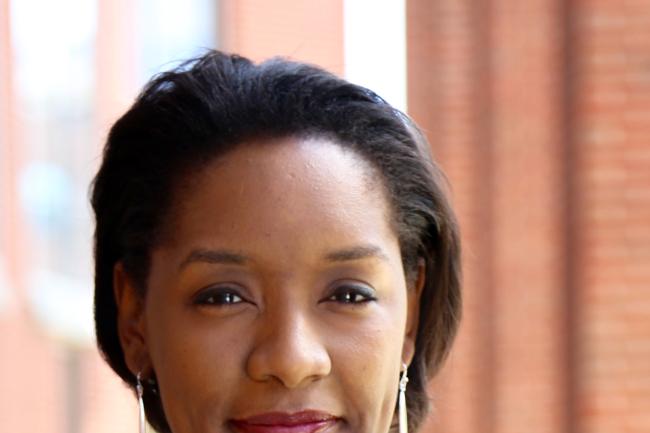During the pandemic, mental health has moved to the forefront of people’s minds along with physical health and well-being. As students transition back to campus, everyone should expect an adjustment period, says Tyish Hall Brown, Ph.D., child and adolescent psychologist and director of the School-Based Behavioral Health Program in the Howard University College of Medicine. Her clinical experience in working with children and young adults who have been exposed to trauma has shown that people may not necessarily just bounce right back to the way things were before the pandemic. We asked her how the Howard community can and should take care of themselves mentally as everyone adjusts to “the new normal.”
Q: What are some lingering pandemic challenges that might be causing continued isolation or depression or anxiety?
A: Many students have expectations that things should be back to “normal”; however, trying to recreate how things “used to be” before the pandemic can cause feelings of distress. Some students may continue to feel sadness or grief over the losses they have experienced. These losses may have been in the form of deaths but may have also included friendships, independence, income, etc. I have also found that many teens and young adults are still experiencing high levels of anxiety related to the uncertainty that the pandemic creates. Worries about COVID outbreaks, student safety, and interruption of classes have now been superimposed on top of typical worries that students may have at the start of a new school year.
Q: What are some signs that people should notice with regards to their own mental health?
A: Students should pay attention to how they feel throughout the day. If they are persistently feeling overly tired, run-down or overwhelmed, this is an indication that they may need to seek professional help. Other signs to be aware of include low frustration tolerance, difficulty sleeping, decreased motivation and drastic changes in appetite. One extremely important sign is if they are having suicidal thoughts or any thoughts of hurting themselves.
Q: What signs should students notice in a friend who might be struggling?
A: Signs that a friend may be struggling with a mental health issue include drastic changes in mood or habits. For example, a friend who is normally the life of the party may become less active or sullen. Or someone who is usually more quiet and reserved becomes argumentative and is easily frustrated.
Dealing with a friend who is struggling with a mental health issue can be challenging for students. If a student suspects that their friend is going through a mental health crisis, the student should reach out to their friend in a supportive way or tell a trusted adult who may be able to help.
Q: How can students take care of their mental health?
A: Students should acknowledge their limits and be okay with where they are. Prioritize what is important rather than try to manage 20 things at once. They should take time for themselves. Make sure they engage in activities that they enjoy throughout the day and schedule it in their calendar, like a 10- to 15-minute walk, reading or listening to music. They should also try to identify a relaxation technique that works for them. Guided imagery, progressive muscle relaxation, meditation and mindfulness can help students prepare for the day or decompress when faced with stress.
Q: What about freshmen and sophomores who are leaving home for the first time? What feelings might they be experiencing?
A: Freshmen and sophomores are in the same boat this year given the move to virtual learning last year. As they integrate into campus life, these students might be anxious about making friends, “fitting in” and managing their academic requirements. They may feel sadness or melancholy because they are away from their family members, particularly after quarantining in close quarters for most of last year. It’s important to schedule a call with family and friends from home and keep those close bonds that they formed during the pandemic.
Q: How can students learn to adjust to living in this new situation?
A: Students should feel free to ask questions, take advantage of social activities and make a concerted effort to connect with new classmates. They should try to reduce stringent expectations and learn to be flexible within this time of uncertainty.
My hope is that they can enter this time period with optimism as opposed to focusing on thoughts about how hard this year will be. They should go into it with more positive thoughts: “It might be difficult, but I got this. There will be challenges, but nothing I can’t handle.”
Resources:
University Counseling Service (UCS) offers individual and group appointments as well as medication management. Email HUCouseling@howard.edu for an appointment.
HUR&R project, made possible through the HU COVID Resilience grant, offers short-term services for short-term problems, and can refer out longer-term ones for further treatment. Email HowardRRproject@gmail.com.





